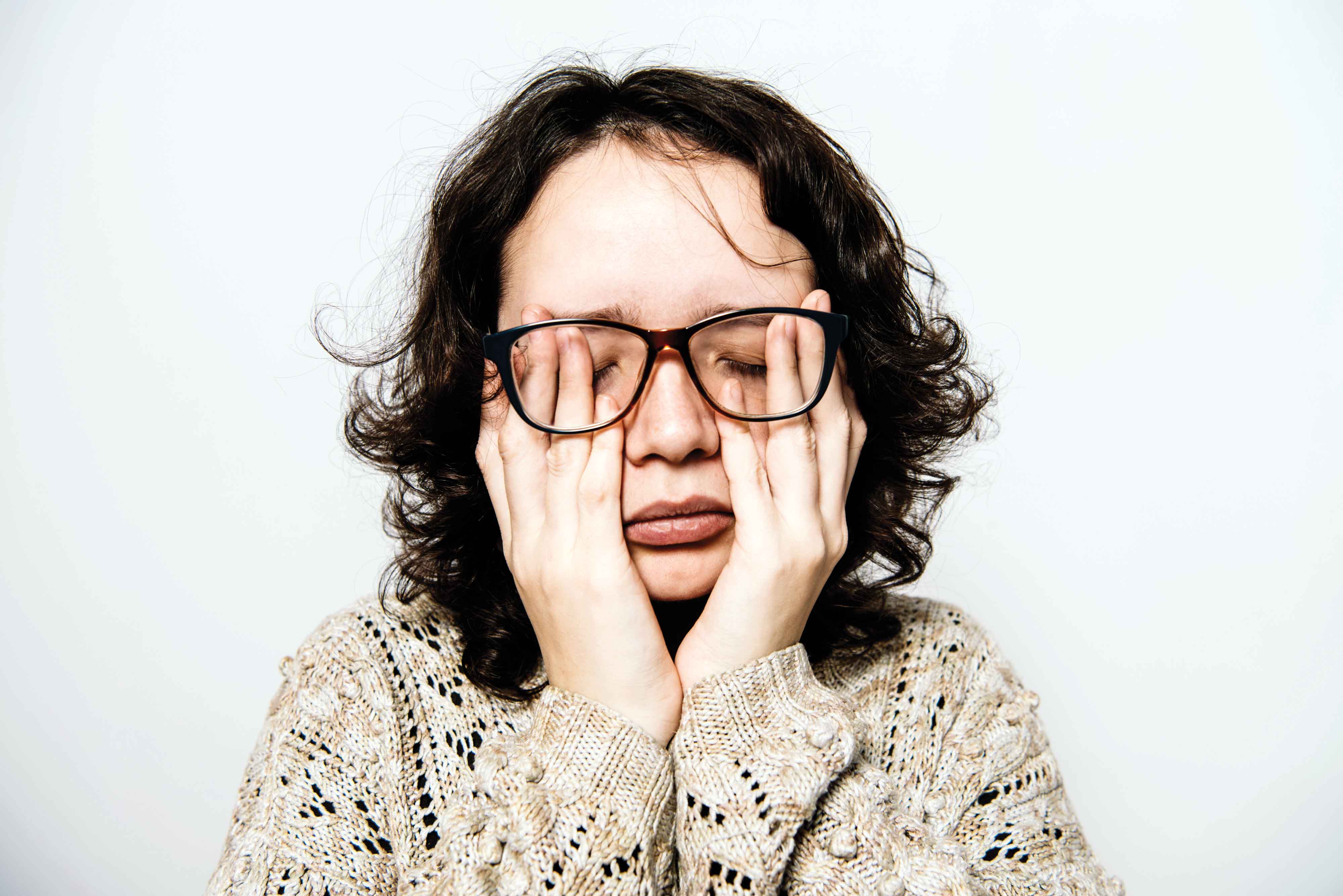
Many people suffer from low-grade aches and pains stemming from common activities such as housework, yardwork or even sitting too long. Too often, minor pain affects a person’s quality of life. Physically, it can cause fatigue and sluggishness, making it more difficult to accomplish daily tasks. Emotionally, this slowdown can lead to stress, frustration, depression, impatience, and feelings of being out of control or overwhelmed.
To ease minor pain without the use of conventional pain relievers, consider the following lifestyle tips offered by Lawrence Rosen, MD, a paediatrician, author and certified trainer of yoga teachers.
• Curative Foods and Beverages: Excess weight puts undue stress on joints. Try a diet that promotes joint and tissue heath. Eat foods high in Omega-3 fatty acids, such as salmon. For a healthy dose of anti-inflammatory zest, add a dash of flaxseeds, rosemary, mustard seeds, fresh ginger, turmeric or cayenne pepper to meals. Green tea, rich in antioxidants, is also thought to lower the risk of arthritis.
• Vital Supplements: Omega-3, an essential fatty acid, is also available as a supplement, which is an easy way to get your recommended daily intake. Calcium, taken during youth, can help prevent arthritis and osteoporosis in older age.
• Homoeopathic Medicine: Try an Arnica-based gel or cream, which doesn’t have the traditional strong medicine smell of menthol and camphor ingredients. Arnica montana (Latin for mountain daisy), should be used at the first sign of muscle pain, stiffness, swelling from injuries and bruising. Those from Boiron include an Arnicare Gel and Arnicare Cream, which are both free of fragrances, dyes and parabens. Arnica Homoeopathic medicines won’t mask symptoms of a more serious condition. Boiron’s line, which comes recommended by many doctors and athletes, includes a tablet and arthritis pain formula.
• Indispensable Oils: Eucalyptus or lavender in the form of essential oils can be added to a bath to ease minor muscle injuries. Both are often included in packages of Epsom salt for baths. Lavender oil, known also to promote relaxation and sleep, is also often used during massages to help soothe aching tissue and muscles.
• Mind-Body Therapies: Massage, acupuncture, meditation and “mindfulness” are all particularly good therapies for reducing pain. “Yoga and other mindfulness tools have clearly demonstrated benefits for those struggling with chronic pain. These therapies are incredibly safe and effective when compared with conventional pharmaceutical options,” says Dr Rosen, who works with the nonprofit Kula for Karma to bring free meditation and yoga classes to children through hospitals and schools. Pain can take its toll on one’s physical and mental well-being. So, don’t resign yourself to needless suffering. Consider alternative ways to feel better.